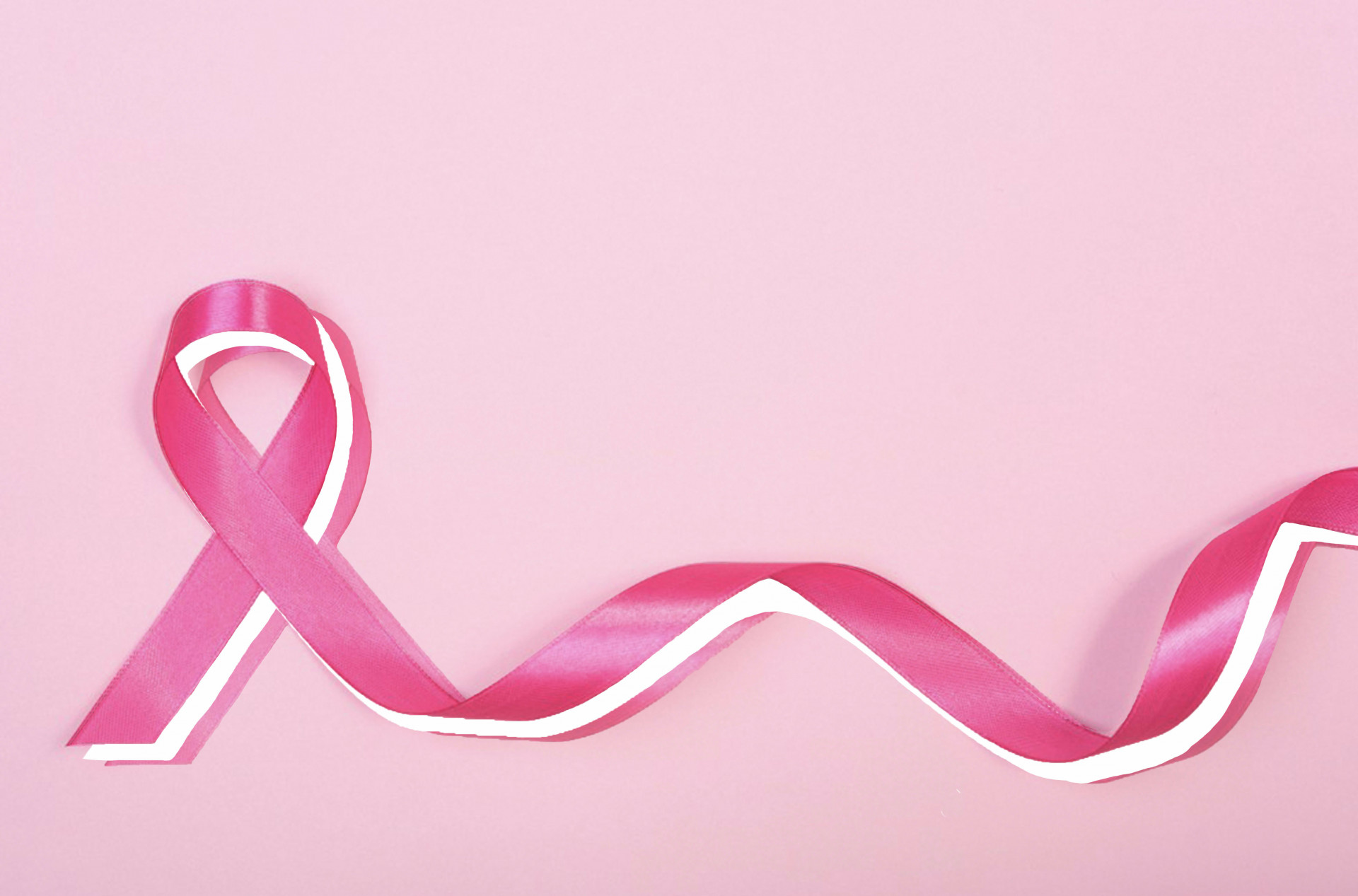
Big, small, round or pointy; whether you love your boobs, or you are learning to appreciate them – looking after them is imperative. This month is Breast Cancer Awareness month – you’ve probably heard of it; you might even know someone personally who has been affected by breast cancer but truthfully when was the last time you checked your breasts? Despite 50% of the population owning a pair of boobs, speaking about checking them remains a dangerous taboo. The earlier breast cancer is diagnosed, the greater the chance of successful treatment and therefore, monthly boob checks should be an uncompromisable step in everyone’s health and self-care routine.
Bodies, specifically women’s bodies, are often stigmatised by society. We face it all; we are sexualised, pressured to look a certain way by the media, and told from a young age not to discuss our natural bodily changes including periods, sex and yes, boobs. So, it is no wonder breast health is often overlooked as just another thing women should handle in private. Thanks to charities such as Coppafeel, this outdated mindset is finally changing.
Checking your boobs for the first time can be daunting and this is largely due to the fear of the unknown that surrounds it. It is important to remember that 9 out of 10 breast lumps are not cancerous but taking the time to self-examine your breasts could be life-saving. Breast cancer survival is improving every year in the UK, doubling in the past 40 years. This is due to a range of improvements in treatment, care and screening but the most important factor that remains is earlier detection and faster diagnosis.
A Guide to Check Your Boobs – What Do I Look for?
Anyone can check their breasts themselves and it only takes a few minutes. Don’t be anxious to have a proper squeeze and familiarise yourself with what your own ‘normal’ feels like. Boobs do naturally change over our lifetimes but getting to know your own body is the first step in noticing what is ‘normal’ for you, this can be different for everyone.Your comfort should be the main priority here; you may prefer lying down, standing in front of a mirror, or doing it in the shower. There is no wrong method as long as you are taking the time to check in with your body.
The main things to examine are:
1) A change in shape or size.
2) Redness or rash.
3) Lumps (both visible and under the skin).
4) A change in skin texture or thickness.
5) A change in nipple appearance (particularly inverted nipples).
6) Dimpling or puckering of the breast.
7) Bloody discharge.
8) Constant pain in the breast or the armpit.
1) A change in shape or size.
2) Redness or rash.
3) Lumps (both visible and under the skin).
4) A change in skin texture or thickness.
5) A change in nipple appearance (particularly inverted nipples).
6) Dimpling or puckering of the breast.
7) Bloody discharge.
8) Constant pain in the breast or the armpit.
Note: it is important to inspect the whole breast, the armpits too and up to the collarbone.
Doing this simple routine each month will help you stay on top of any changes and enable you to act quickly if anything looks or feels unusual.
Yes, Men Get Breast Cancer Too
Everybody has breast tissue and consequently, breast cancer can affect everyone. While less common than in women, up to 400 men are diagnosed with breast cancer each year in the UK. Many diagnoses go undetected because it is not widely known that men can get breast cancer too but checking our chest region should be a monthly practice for everyone. The most common symptom to keep track of are; lumps on the chest area that are often painless. Other things to keep a note of include – discharge, ulcers, swelling, and a change in nipple appearance.
Who Can I Talk to?
Facing cancer, or a potential diagnosis can feel incredibly lonely. It is very easy to feel as if no one knows how you are feeling at all. The sympathetic looks, while meaning well – don’t typically offer much reassurance for anyone navigating such an unknown disease. First, you must know you are not alone in this. In fact, breast cancer is the most common type of cancer in the UK and 1 in 8 women will develop the disease at one point in their life.
If you have symptoms or feel anxious about anything, making an appointment with your GP is the first step. Bring a loved one with you or go alone if you prefer. At a time where everything can feel so uncertain, it helps to remember you still have control of your surroundings.
The GP may refer you to a Breast Clinic. Breast Cancer Now explains what can be expected from an appointment at the clinic including a mammogram, ultrasound scan, core biopsy, and fine-needle aspiration. These tests may initially sound frightening, but all the clinic staff are extremely friendly and will do their absolute most to make you feel comfortable during the appointment.
There are charities working daily to dismantle the stigma surrounding breast cancer and offering their support to those navigating a diagnosis either personally or through a loved one.
Breast Cancer Now is a research and care charity providing support for anyone affected bybreast cancer. They are committed to helping individuals not just through treatment butinto the future as well. They operate a free helpline on 0808 800 6000 which allows callers to talk to professional breast care nurses.
CoppaFeel is another name you’ve likely heard of who are making extreme moves in dismantling the stigma surrounding breast examinations. Coppafeel specialise in educating individuals in a fun and approachable way which in turn, is normalising breast and pec checking for everyone. They even offer a handy service that sends text reminders to check your boobs each month.
COVID-19 has heavily impacted developments in cancer research this year but Breast Cancer Haven is fighting to support patients despite the climate. They are running free online classes including yoga and support sessions, which are hosted by health care professionals. They are easily accessible from remote locations, meaning the people who need support are getting it no matter what.
In such an uncertain world, it is very easy to shy away from our health and postpone checking our bodies out of fear, silenced by the noise of everyday life. But this October, it is time to commit to our breast health for once and for all. These are our bodies and we need to take the time to care for them. Remember to have a squeeze and stay safe.
Words by Yasmin Norvill
Graphics by Frances Scott







